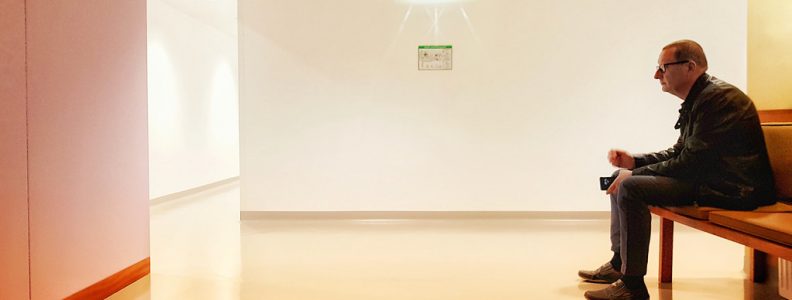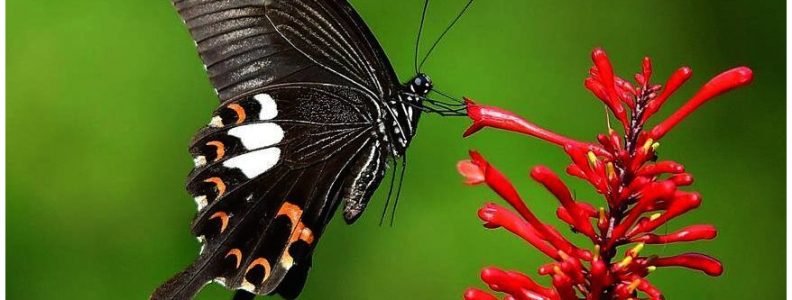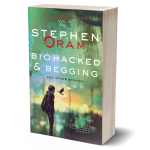As part of the Barbican’s More Than Human season there’s an evening event this week titled, “The AI will see you now.”
I was asked to curate a pamphlet of short science fiction to accompany the event, to get the audience into the ‘zone’.
I chose a selection of four stories – two from my own Biohacked & Begging collection (Zygosity Saves the Day and Happy Forever Day) along with two from the Virtual Futures Near-Future Fiction anthology (Young Blood by Jule Owen and Undefined Variable by C.R. Dudley).
Here’s the event blurb: “As machine learning is increasingly adopted into our systems of society, when will we see its launch into the medical field? Will it lead to a quicker, more efficient and less error-prone NHS? Are we as patients more comfortable with human error than machine error, even if the machine gets things right more often? Can a machine be taught bedside manner? “
It certainly looks like it’ll be an interesting and lively evening with a panel made up of: Professor Tom Vercauteren, a pioneering researcher at King’s College London whose work is using AI to recognise signs of disease; Dr Ali Jomaa, an active NHS A&E doctor and futurist working to improve his patients’ care with breakthrough digital technologies; Dr Christine Aicardi, a big-picture social scientist at the EU’s Human Brain Project investigating the potential dangers of using AI in healthcare; and Juan Echenique, co-founder of Horatio Productions, a company which seeks a new storytelling language around science in theatre and film.
For those of you that won’t be able to attend the event, here’s my introduction from the pamphlet:
When we talk about artificial intelligence we often bundle together many different aspects, such as automation, algorithms, machine learning and sentient robots. Fiction tends towards stories of sentient AI and is really about our fear that superior beings will consider us a toxic blemish on the world and wipe us out. Of course, these stories say more about us than they do about artificial intelligence.
Another aspect of AI that crops up a lot is health – how we’ll be diagnosed or cured and what the health system could look like. But, who knows what the future might hold? The possibilities are endless in a world of big data, a world where AlphaGo wins with a move so radical it overturned hundreds of years of received wisdom and a world where a shed load of money is spent on extending life expectancy.
Science fiction helps us imagine these possible futures, mainly with warnings of what could go wrong. Why does sci-fi focus on the negative? Well, partly because stories need drama, but also because, as Frederick Pohl put it, “A good science fiction story should be able to predict not the automobile but the traffic jam.”
This mini collection of short stories takes you through different versions of our future, ending with the hopeful scenario of living forever. They are designed to prompt you to think about what you want your future to be.
After all, “the future is ours and it’s up for grabs…”
Biohacked & Begging and Near-Future Fictions Vol 1 are both widely available (here are the amazon links (Biohacked & Begging | Near-Future Fictions, but you can buy them in other places too!)
Link to the event https://www.barbican.org.uk/whats-on/2019/event/the-ai-will-see-you-now
photo credit: fabsit waiting room via photopin (license)</a




 “The more we surround ourselves with technology, the more uncanny our lives become. Enter Stephen Oram: with Bradbury’s clear-sightedness and Pangborn’s wit, he pulls ways to live out from under modernity’s “cacophony of crap.”” Simon Ings, Arts Editor, New Scientist.
“The more we surround ourselves with technology, the more uncanny our lives become. Enter Stephen Oram: with Bradbury’s clear-sightedness and Pangborn’s wit, he pulls ways to live out from under modernity’s “cacophony of crap.”” Simon Ings, Arts Editor, New Scientist.